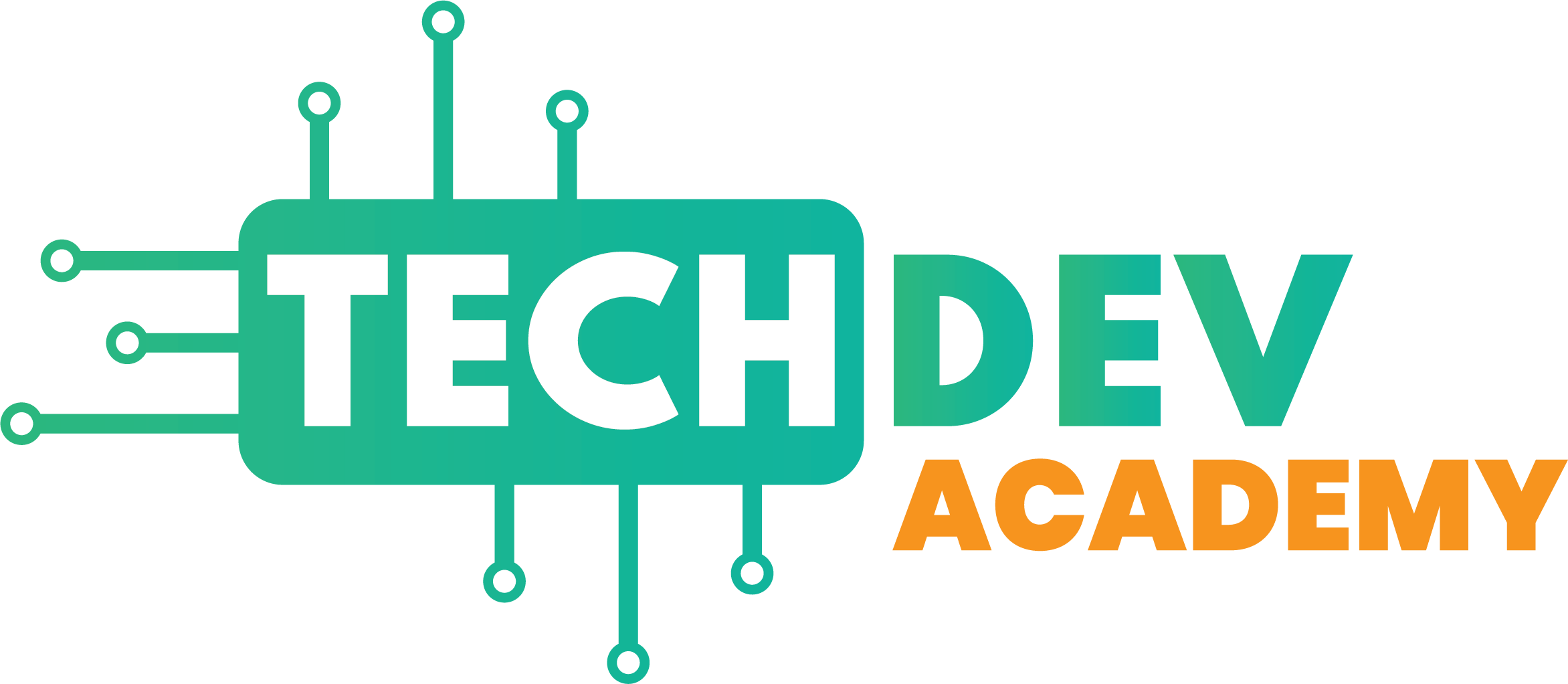As the competition to get into top colleges gets tougher and tougher, creating an impressive application is incredibly important. One element that can provide your application an extra edge is practical experience. By documenting your experience in your college application, you demonstrate learned skills, personal growth, and passion for the chosen field, boosting your chances of success.
In this blog post, we discuss how gaining practical experience can help your application stand out. We also talk about the ways in which you can acquire real-world experience. Let’s get started.
Importance of Gaining Practical Experience
Colleges heavily value the practical experiences of students as they offer insights into the applicant’s capabilities, character, and readiness for college-level work. Colleges think of practical experiences as your commitment and passion for college studies.
As colleges are usually drawn toward those candidates who are likely to thrive in their chosen major, when your application shows practical experience in the relevant field, you are perceived as a driven, curious, proactive, and a good fit for the college.
How Is Gaining Experience in Your Intended Major Important?
Let’s say you’re planning to pursue a major in computer science. If you have participated in coding competitions or completed an internship in a software house in high school, it would highlight your passion and interest in computer science to the colleges. These experiences would serve as evidence of your skills and show that you have the potential to further thrive in these areas of life.
Similarly, if you’re going for a biomedical major, working in a laboratory, participating in science fairs, or completing some sample biomedical projects show that you’re committed to healthcare and willing to give it all of your devotion.
If you’re going to be a businessman, you can start a small business of your own or secure an internship at a local business to prove your interest in the business world.
How to Gain Experience in High School
You can gain practical experience in a number of ways. Following are some of the most common and convenient options.
Internships and Shadowing
Internship and shadowing experiences provide you with first-hand exposure to your field of interest. You gain valuable insights into the practical aspects of your industry that can dramatically increase your understanding of the subject. Internships and shadowing also bless you with pertinent skills and networking opportunities.
Start by reaching out to local businesses, nonprofits, and professionals in your field of interest. Show them your interest and explain how this experience can help you in your career. During your internship, be proactive, show enthusiasm, and ask questions to learn as much as you can.
Participating in Research Projects
Performing research related to your major, or participating in them, provides the opportunity for working on complex problems, using critical thinking, and learning about the practical applications of subject matter. For this reason, research work can be highly valuable for college admission.
You can reach out to your teachers or local colleges to ask if there are any research projects going on where high school students can assist.
Hands-On Projects
If your major is Computer Science or a related field, hands-on projects and coding can be instrumental in demonstrating your competency. You can create a personal website, develop a mobile app, or contribute to open-source projects for hands-on experience.
Numerous websites offer coding challenges and project ideas that simulate real-world issues. They can be handy additions to your college application.
Volunteer Work
Volunteering is another way to gain practical skills. Besides acquiring subject skills, you also understand the social impact of your field through volunteering. By showing your volunteer work, you exhibit your sense of social responsibility and commitment to the community, both valued by the colleges.
You can look for volunteer opportunities in local nonprofits, community organizations, and public service programs. Websites like VolunteerMatch and Idealist are also helpful.
Project-Based Hands-On Mentorship Programs
Project-based hands-on mentorship programs offer a combination of direct experience, academic learning, and individualized support. By enrolling in such a program, you can take a big step towards being ready and prepared for college. We, as TechDev Academy offer such an outstanding program.
Let’s talk about the benefits of mentorship program sin detail.
Benefits of Mentorship Programs
Mentorship programs host a bunch of benefits for high school students. They allow them to gain practical experience in their field of interest under the guidance of experienced professionals. They allow you to go beyond learning theoretical concepts and see how they are applied in the real world.
These projects engage students in complex tasks over extended periods which improves their problem-solving skills, creativity, and resilience. You can also develop strong personal and professional networks even before you enroll in college.
Success Stories
Countless success stories are tied to project-based hands-on mentorship programs. Take FIRST Robotics for example. It is a mentor led program that allows students to build robots and automated machines. Its students are reported to gain invaluable engineering skills, problem-solving abilities, and teamwork experience. Many of their students make their way to the top engineering programs.
Experience gained through such programs outlines your career aspirations and allows you to approach colleges with a clearer understanding of your goals. Mentorship programs equip you with the necessary skills and knowledge you need for college admission and beyond.
Watch our former students talk about their experiences during our mentorship program: Student testimonials
Final Words
Practical experience gained during high school years strengthens your college application and increases your likelihood of admission. Some ways in which you can gain practical experience are by securing internships, participating in research projects, doing hands-on projects, doing volunteer work, or enrolling in project-based mentorship programs. Having practical experience in your application shows that you’re passionate and committed to your field of study.
Colleges aren’t just looking for grades, they seek students who are ready to hit the ground running with their enthusiasm and readiness to learn. And practical experience gained during high school years demonstrates just that, making it highly unlikely for colleges to turn you down.

